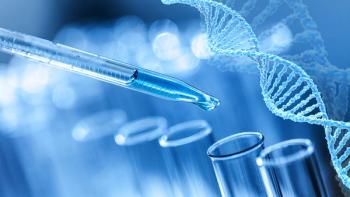
invoX Pharma has made a second tranche of investment in pHion Therapeutics to support further development of next-generation mRNA vaccines.
Feliza Mirasol is the science editor for BioPharm International.

invoX Pharma has made a second tranche of investment in pHion Therapeutics to support further development of next-generation mRNA vaccines.

Lonza will gain access to R&D capabilities, including payload and site-specific linker technology, through its acquisition of ADC company, Synaffix.
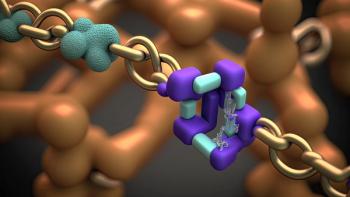
New fields are being explored to bring novel antibody candidates to the pipeline.

Compliance with GMP standards remains an integral focus in bulk mAb manufacturing.

Analytical characterization of biosimilars plays a crucial role in a successful path to regulatory approval.

WuXi Biologics is expanding its manufacturing capacity for drug substance and drug product at its sites in Leverkusen and Wuppertal, Germany.

The start of production of US engineering batches of NXC-201, a CAR-T cell therapy candidate in early clinical development, is the first step in transferring Nexcella’s existing manufacturing process to the United States.

API supplier Olon has started construction of a new manufacturing facility in Milan, Italy, which will be dedicated to production of cytotoxic payloads and linkers for ADCs.

Sandoz’s marketing authorization applications for a proposed biosimilar to denosumab are supported by a comprehensive analytical and clinical data package.
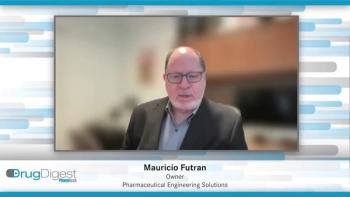
In this episode of Drug Digest, Pharmaceutical Technology editors discuss the advantages and savings that continuous manufacturing may offer as well as the very real obstacles that might make a fully continuous process not feasible, especially in biologics manufacturing.

FDA has approved the first topical gene therapy product for treating wounds in patients with dystrophic epidermolysis bullosa.

FDA has approved AbbVie’s EPKINLY (epcoritamab-bysp), a bispecific antibody for treating relapsed or refractory diffuse large B-cell lymphoma.

uBriGene Biosciences will acquire Mustang Bio’s Worcester, Mass., CGT manufacturing facility in a deal worth up to $11 million, expanding its operations into the US market.

With $73 million in financing from investment firms, Myeloid Therapeutics plans to accelerate its lead clinical candidate into Phase I/II development for treating solid tumors.
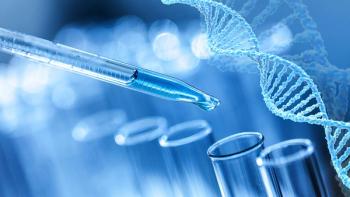
Sania Therapeutics has emerged from stealth mode and launched its technology platforms for enabling the development of novel therapeutics to treat neural circuit dysfunction.

Biotech firm Lumen Bioscience has received fast track designation from FDA for its oral biologic drug candidate for treating C. difficile infection.

Gilead Sciences and Arcus Biosciences have expanded their research collaboration to include inflammatory diseases in addition to oncology.

CATTI has launched an in-person training site at the University of Guelph in Ontario, Canada, for training personnel in cell and gene therapy manufacturing.

Under the collaboration, BiOneCure Therapeutics and Nanjing Leads Biolabs intend to develop a range of innovative antibody-drug conjugates for treating solid tumors.

Synthego has opened its new GMP-compliant RNA manufacturing facility in Redwood City, Calif., for CRISPR-enabled genomics therapeutics.

In a deal potentially worth more than $530 million, Amgen will use TScan Therapeutics’ target discovery platform to home in on novel targets for Crohn’s disease treatment.

The new partnership between Sandoz, a Novartis division, and Just – Evotec Biologics will aim to develop and manufacture multiple biosimilars.

The market potential of nucleic acid-based therapies have been pushed into the spotlight following the success of the COVID-19 vaccines.
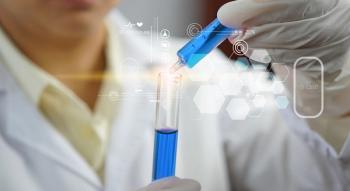
Preclinical studies specifically benefit from the “smart” drug development trend through deeper data access and analysis.

INTERPHEX was back in full swing with Keynote sessions highlighting cutting-edge technologies that are setting the stage for the bio/pharma industry’s future.

Avid Bioservices has launched new CGMP mammalian cell manufacturing suites at its Myford, Calif., facility.

FDA has granted fast track designation to Caribou Biosciences for its allogeneic CAR-T cell therapy for relapsed or refractory multiple myeloma.

Ginkgo Bioworks has acquired StrideBio's AAV capsid discovery and engineering platform and has formed a partnership with WARF for development of next-gen cell therapies.

The acquisition of Cell Systems will bolster AnaBios’ portfolio of human tissue and cells for use in drug discovery.

The COVID-19 vaccines opened the door to powerful market potential for other nucleic acid-based therapies.